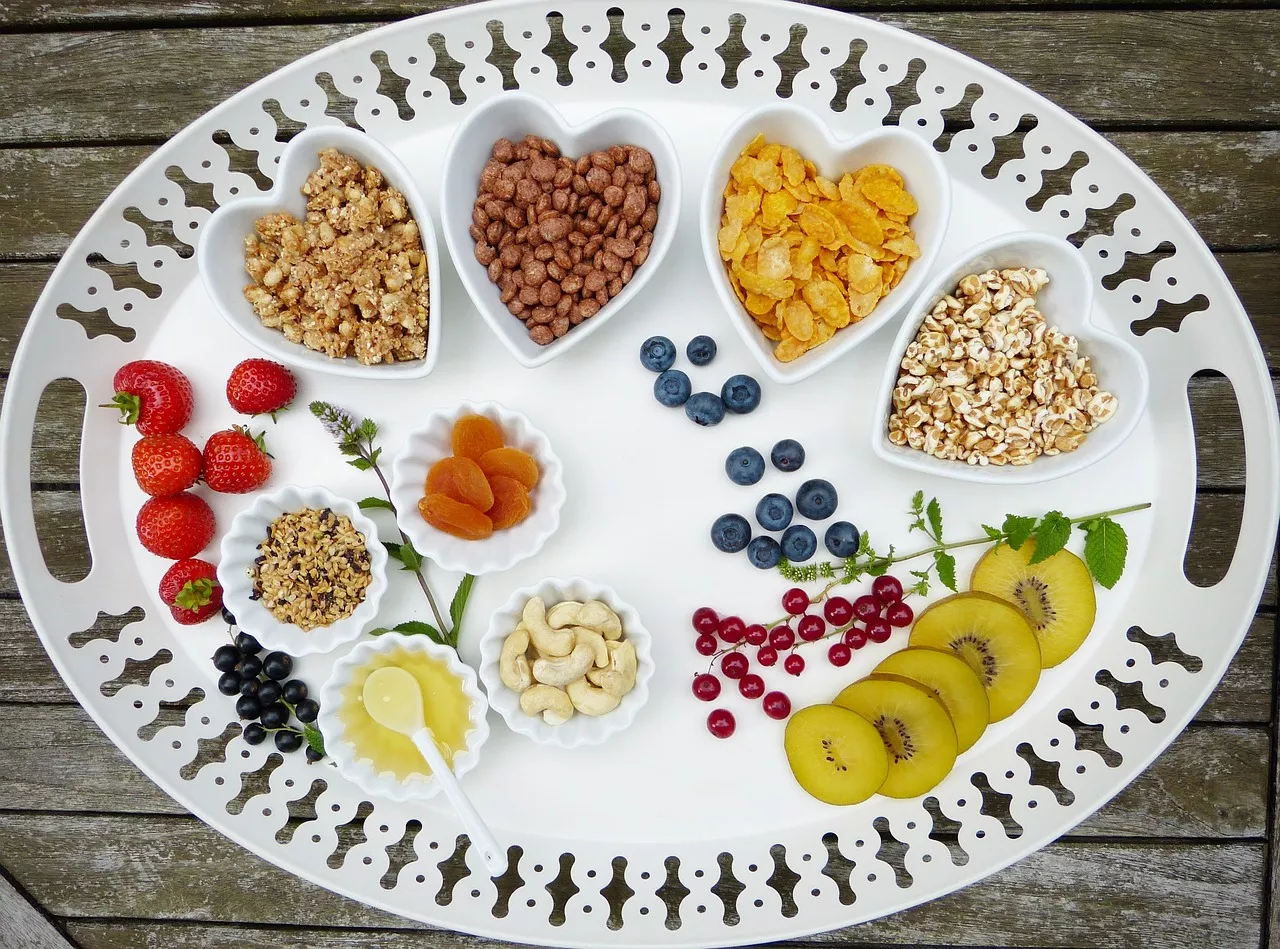The Dangers of Ultra-Processed Foods
What are ultra-processed foods? Ultra-processed foods are defined as food products that are heavily processed and contain a multitude of additives, preservatives, and artificial ingredients. They are typically high in added sugars, unhealthy fats, and sodium. Examples of ultra-processed foods include sugary drinks, packaged snacks, frozen meals, and fast food.
The impact of ultra-processed foods on health cannot be overstated. These foods are often low in essential nutrients and high in empty calories. Regular consumption of ultra-processed foods has been linked to an increased risk of obesity, heart disease, type 2 diabetes, and certain types of cancer. Additionally, they can contribute to inflammation, digestive issues, and poor overall health.
Why should you cut down on ultra-processed foods? By reducing your intake of these foods, you can improve your overall health and well-being. Whole, unprocessed foods are rich in vitamins, minerals, fiber, and antioxidants, which are crucial for maintaining optimal health. Cutting down on ultra-processed foods and incorporating more whole foods into your diet can help you achieve and maintain a healthy weight, improve your digestion, boost your immune system, and reduce your risk of chronic diseases.
Tip 1: Read Food Labels and Avoid Ingredients You Can't Pronounce
One of the most important steps in cutting down on ultra-processed foods is to become a mindful label reader. When grocery shopping, take the time to read the ingredient list on packaged foods. If you come across ingredients that you can't pronounce or don't recognize, chances are they are additives, preservatives, or artificial flavorings. These are indicators that the food is highly processed and may not be the best choice for your health.
Instead, opt for foods with shorter ingredient lists that contain recognizable whole foods. Look for products that are made with real ingredients and minimally processed. For example, choose a jar of peanut butter made with just peanuts and salt, rather than one that contains added sugars, hydrogenated oils, and artificial flavors.
By reading food labels and avoiding ingredients you can't pronounce, you'll be able to make informed choices and select foods that are closer to their natural state. This simple tip can go a long way in reducing your consumption of ultra-processed foods and improving the quality of your diet.
Tip 2: Cook Meals from Scratch Using Whole, Unprocessed Ingredients
Another effective way to cut down on ultra-processed foods is to cook meals from scratch using whole, unprocessed ingredients. When you prepare your own meals, you have full control over the ingredients and can ensure that you're using wholesome, nourishing foods.
Start by planning your meals for the week and making a grocery list of fresh produce, lean proteins, whole grains, and healthy fats. Choose recipes that incorporate these ingredients and experiment with different flavors and cooking techniques.
Cooking from scratch doesn't have to be complicated or time-consuming. There are plenty of quick and easy recipes available online that can be prepared in under 30 minutes. By cooking your meals at home, you'll not only reduce your intake of ultra-processed foods but also save money and enjoy the satisfaction of creating delicious, nutritious meals.
Tip 3: Incorporate More Fresh Fruits and Vegetables into Your Diet
One of the simplest and most effective ways to cut down on ultra-processed foods is to increase your intake of fresh fruits and vegetables. These natural, whole foods are packed with essential vitamins, minerals, fiber, and antioxidants that promote good health.
Make it a goal to include a variety of fruits and vegetables in your meals and snacks throughout the day. Aim for at least five servings of fruits and vegetables daily. You can add them to smoothies, salads, stir-fries, or simply enjoy them as snacks.
When selecting fruits and vegetables, opt for organic options whenever possible to minimize exposure to pesticides and other harmful chemicals. If fresh produce is not readily available, frozen fruits and vegetables can be a convenient and nutritious alternative.
How to Transition to a Diet with Less Ultra-Processed Foods
Transitioning to a diet with less ultra-processed foods may feel overwhelming at first, but with a gradual approach, it can be achievable and sustainable. Start by making small changes to your diet and gradually replace ultra-processed foods with whole, unprocessed alternatives.
Begin by swapping out sugary beverages with water or herbal tea. Replace packaged snacks with homemade options such as nuts, seeds, or fresh fruit. Gradually reduce your intake of fast food and opt for homemade meals instead.
As you become more comfortable with these changes, continue to explore new recipes and experiment with different ingredients. Incorporate a wide variety of whole foods into your diet to ensure you're getting a diverse range of nutrients.
Benefits of Reducing Ultra-Processed Foods in Your Diet
The benefits of reducing ultra-processed foods in your diet are numerous. By prioritizing whole, unprocessed foods, you'll nourish your body with essential nutrients and improve your overall health. Some of the benefits include:
- Weight management: Whole foods are generally lower in calories and higher in fiber, which can help you maintain a healthy weight or achieve weight loss goals.
- Improved digestion: Whole foods are rich in fiber, which promotes healthy digestion and prevents constipation.
- Increased energy levels: Nutrient-dense whole foods provide a steady source of energy and can help prevent energy crashes throughout the day.
- Enhanced mood and mental clarity: A diet rich in whole foods has been linked to improved mood, mental clarity, and reduced risk of mental health disorders.
- Reduced risk of chronic diseases: Whole foods are packed with antioxidants, vitamins, and minerals that support a healthy immune system and reduce the risk of chronic diseases such as heart disease, diabetes, and certain types of cancer.
Take Charge of Your Health by Cutting Down on Ultra-Processed Foods
In conclusion, cutting down on ultra-processed foods is a crucial step towards improving your diet and overall health. By implementing the three simple tips shared by a skilled nutritionist, you can make significant changes to your eating habits and prioritize whole, nourishing foods.
Remember to read food labels, cook meals from scratch using whole, unprocessed ingredients, and incorporate more fresh fruits and vegetables into your diet. Gradually transition to a diet with less ultra-processed foods and enjoy the numerous benefits of a healthier lifestyle.
Take charge of your health today and start transforming your diet. Your body will thank you for it!

 7 Indian Foods That Have Been Declared the Best in the World
7 Indian Foods That Have Been Declared the Best in the World Exploring the Fascinating World of Blue Food
Exploring the Fascinating World of Blue Food



